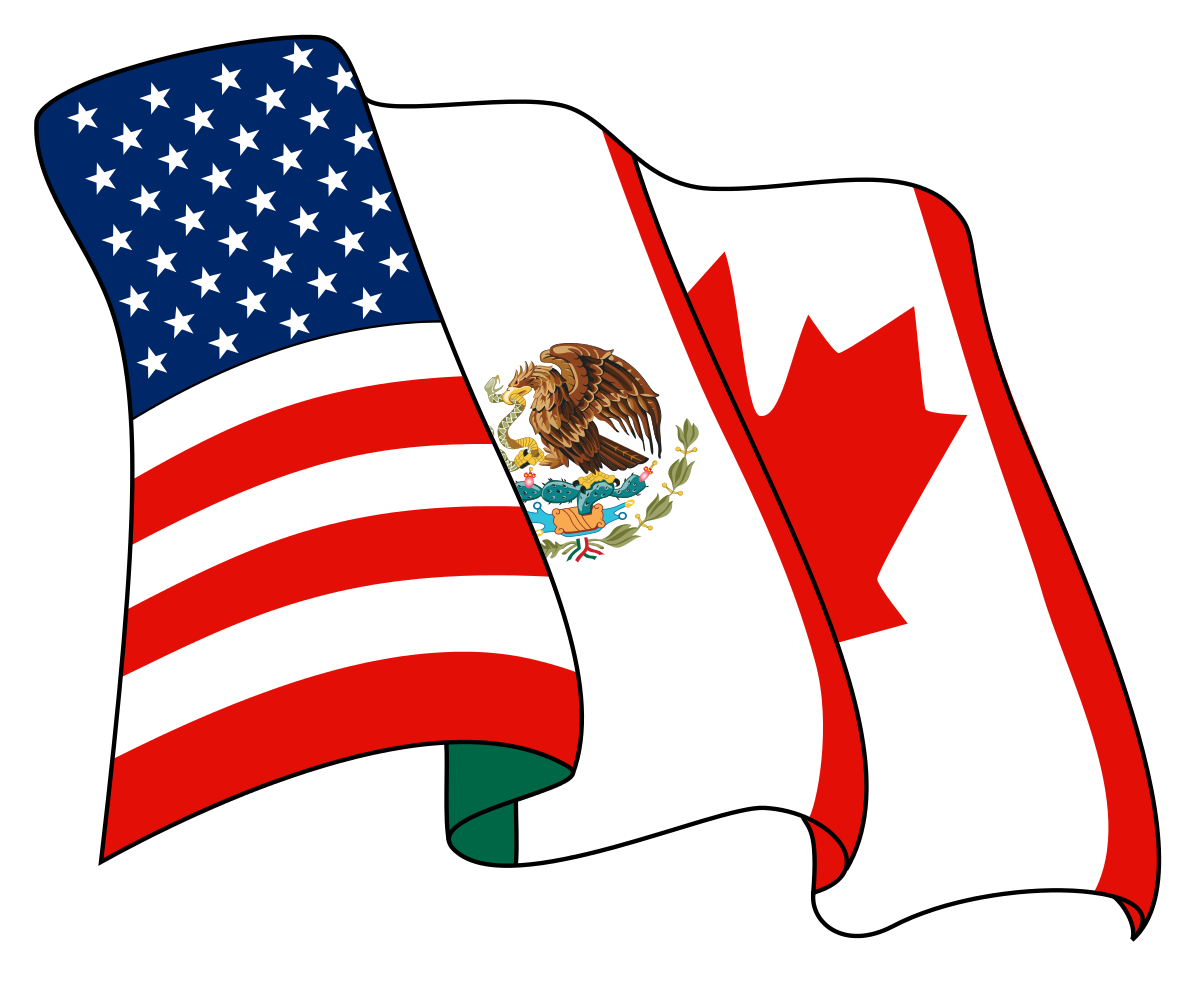Don't End NAFTA. Fix It.
 When looking for a model economy, Washington would be wise to look no further than Texas. The “great American jobs machine,” as we’re affectionately known, has been the economic engine that pulled our country out of the recent recession, singlehandedly adding more than one million jobs to the American economy. In fact, if Texas were its own country, we would be the 10th largest economy in the world.
When looking for a model economy, Washington would be wise to look no further than Texas. The “great American jobs machine,” as we’re affectionately known, has been the economic engine that pulled our country out of the recent recession, singlehandedly adding more than one million jobs to the American economy. In fact, if Texas were its own country, we would be the 10th largest economy in the world.
Now, with pro-growth Republicans in control of Congress and the White House, leaders are beginning to consider proposals to lift our economy out of a sluggish recovery. But as we work together to jumpstart our factories and farms across the country, let’s keep in mind what my state has gotten right.
Trade has been a cornerstone of the Texas economy, with no partner more important than Mexico.
As our largest export market, Mexico has an extraordinary economic relationship with Texas. Trade with our southern neighbor supports hundreds of thousands of jobs in my state and provides more goods at a better price for Texas families. More than a third of all Texas merchandise is exported to Mexico – meaning our farmers, ranchers and small businesses have found no shortage of customers south of the border too.
This explosion in trade for our state has catapulted Texas to the top of exporting states in the country for more than a decade now. Thanks to trade pacts like the North American Free Trade Agreement (NAFTA), goods and services flow more freely among the three North American countries, growing jobs across Texas and stretching paychecks further. This isn’t just true for Texas. A majority of exports coming from Michigan and Ohio, for example, are bound for our NAFTA partners too.
Trade in Texas – specifically along our Southern border with Mexico – doesn’t just work in theory. It’s the reality on the ground too. Last week I led a congressional delegation to the border to see this economy in action. We visited the Pharr International Bridge in the Rio Grande Valley – a bridge that facilitates about $30 billion in trade a year. We also visited Laredo, a port that handles about a third of all international trade in Texas, with 14,000 trucks passing through daily. In other words, the Texas border serves as a major gateway for agriculture and manufactured goods trade. It moves more freight along its 1,200-plus miles of southern border than any other border state. And this trade in turn fuels economic growth and vitality across the region and the entire country.
But like anything that’s dated, there’s room for NAFTA to be improved. It’s now more than 20 years old. Texas and the United States as a whole would benefit from a revised agreement that makes trade freer and fairer. By fixing NAFTA, we can address modern-day challenges and preserve and protect America’s unrivaled stability and prosperity into the next century.
Consider the nation’s energy landscape. It has changed dramatically since the trade deal was hammered out in the 1990s. With the recent lifting of the U.S. crude oil export ban and Mexico’s energy reforms, a renegotiated deal should account for regulatory cooperation and capacity-building provisions that promote investment and the free flow of American energy, particularly a streamlined approval process for LNG exports. There’s room to bring the services trade into the 21st century, strengthen intellectual property rights and eliminate non-science barriers to trade, too.
As the administration and Congress look to improve existing trade deals, such as NAFTA, we would also be wise to focus on strengthening the Southern border. The president has made no secret of rightly prioritizing our country’s safety. Securing the border is an essential part of that equation.
But as we do, we must be quick to engage community leaders and business-owners along the border. Yes, they want security and protection. But they also know that key to the success of Texas and the nation has been the cultivation of an environment that can manage the demands of high-volume trade. That means keeping legitimate trade and travel flowing, while simultaneously screening criminal elements and contraband to keep them out. In other words, the border ecosystem demands a careful balance.
It’s our job to consider how to gain complete control of the border, while equipping our Customs and Border Patrol agents with the resources they need to keep our economy up and running. That way, everyone can benefit from access to markets on the other side.
Texas – where taxes are low, regulations are sensible and trade is encouraged – has proven time and again that we’re a blueprint for growing the national economy. In my state, border security, trade and the economy are intimately connected. So as Congress considers whether to revisit agreements like NAFTA and how to best secure the border, we must take great care to advocate for smart policies that drive growth here at home and enhance our partnerships abroad.



